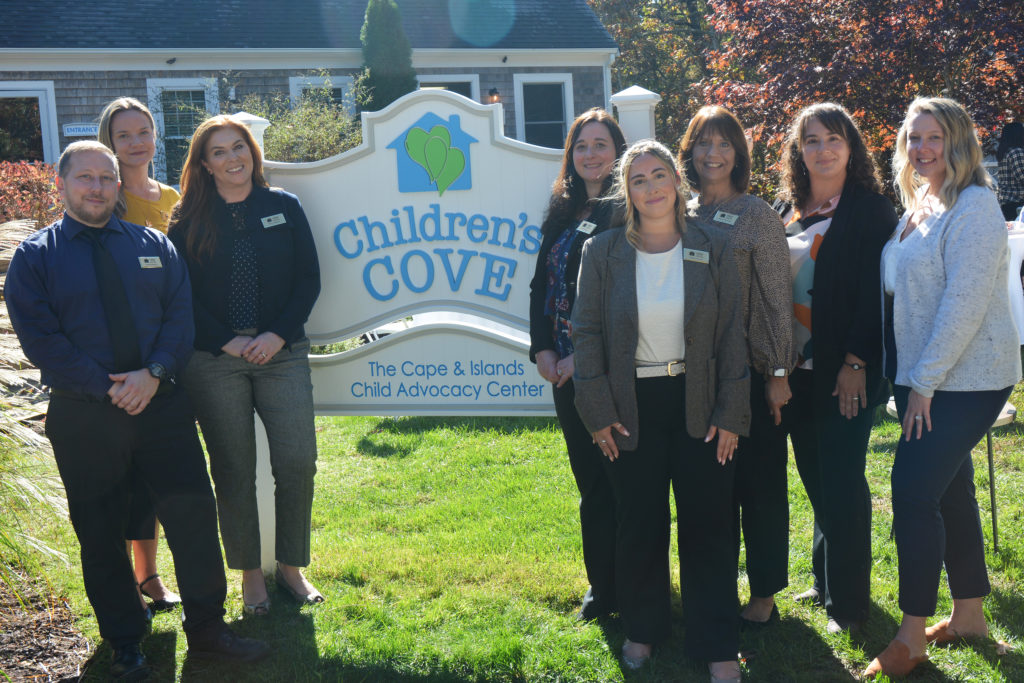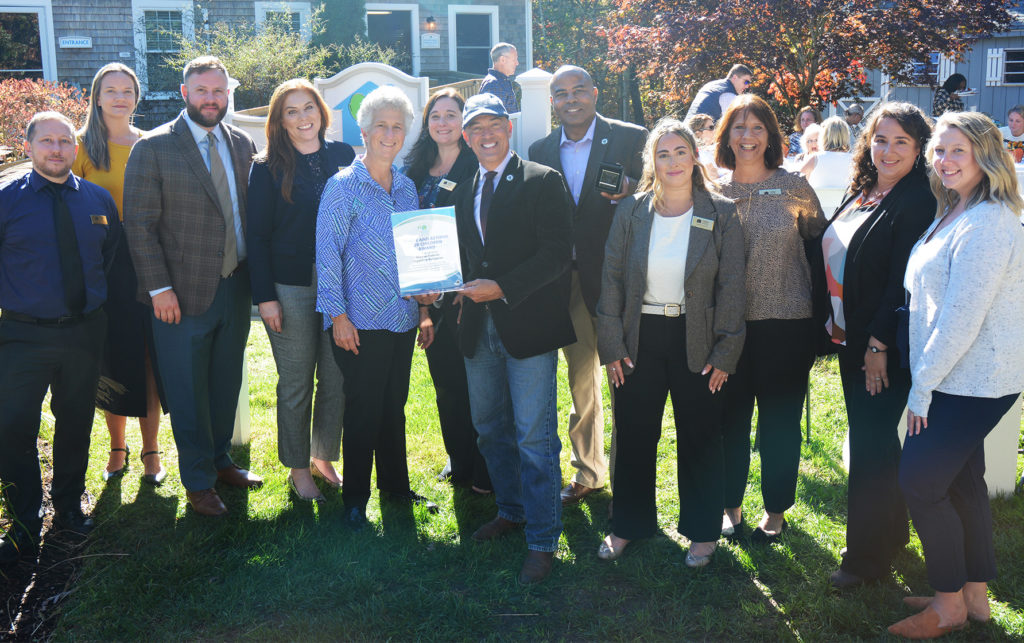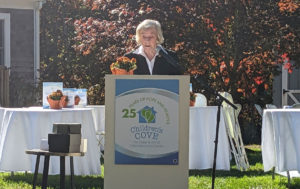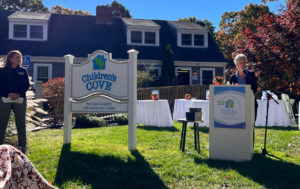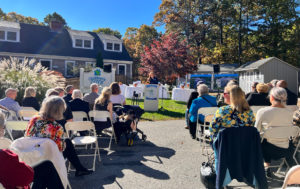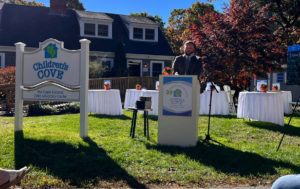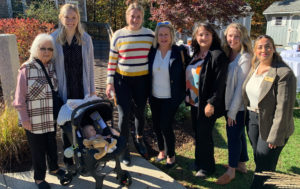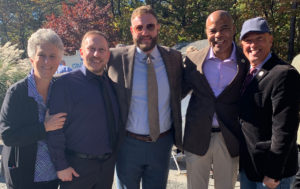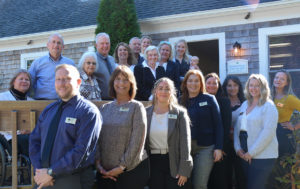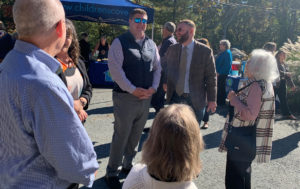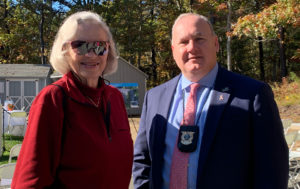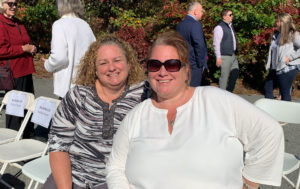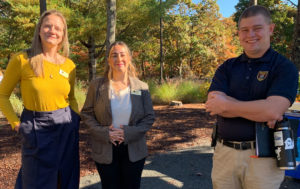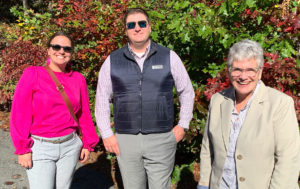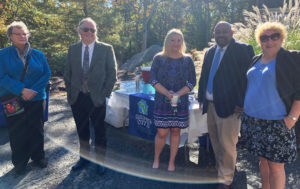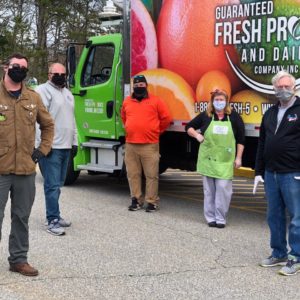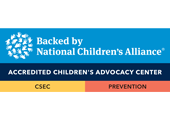Teen TASK Force relaunched at Monomoy Regional High School
December 20, 2022
Over the last 25 years, the staff at Children’s Cove discovered that often the first person a high-school aged youth talks to after experiencing sexual abuse or assault was a peer. Our youth are hearing these disclosures every day with little information or preparation on how to help. This is not a part of school health classes, and if it is discussed, it is done so in a very general way that does not resonate with students.
Because of this, the Children’s Cove Teen TASK Force was developed to directly engage with high-school age youth to learn how to better communicate information about these critical issues, provide education and awareness of the challenges facing them, and develop skills as peer leaders to know how to respond to disclosures. We started this program at Dennis-Yarmouth Regional High School in 2016.
Our six-month program takes place at a local high school, often working specifically with the guidance department to recruit members in the sophomore class to participate. The program provides once monthly two-hour sessions from December to May hosted and presented by Children’s Cove staff and its multidisciplinary team. Our goal is to teach the students about our comprehensive response child sexual abuse and crimes against children.
By discussing these issues in a safe, comfortable, and engaging way, we are looking to these young leaders to help us Take a Stand for Kids.”
Our partner agencies in the Teen TASK Force include the Cape and Islands District Attorney’s Office, the Barnstable County Sheriff’s office, domestic violence services, local law enforcement, internet crimes investigators and victim witness advocates. This year we had an addition of an incredible positive and engaging community male figure, Jonathan “JT” Thompson of JT’s Chronicles. Each session carries an open, non-harmful dialogue on the realities of our work, and we engage with the students to help them see how the information pertains to them.
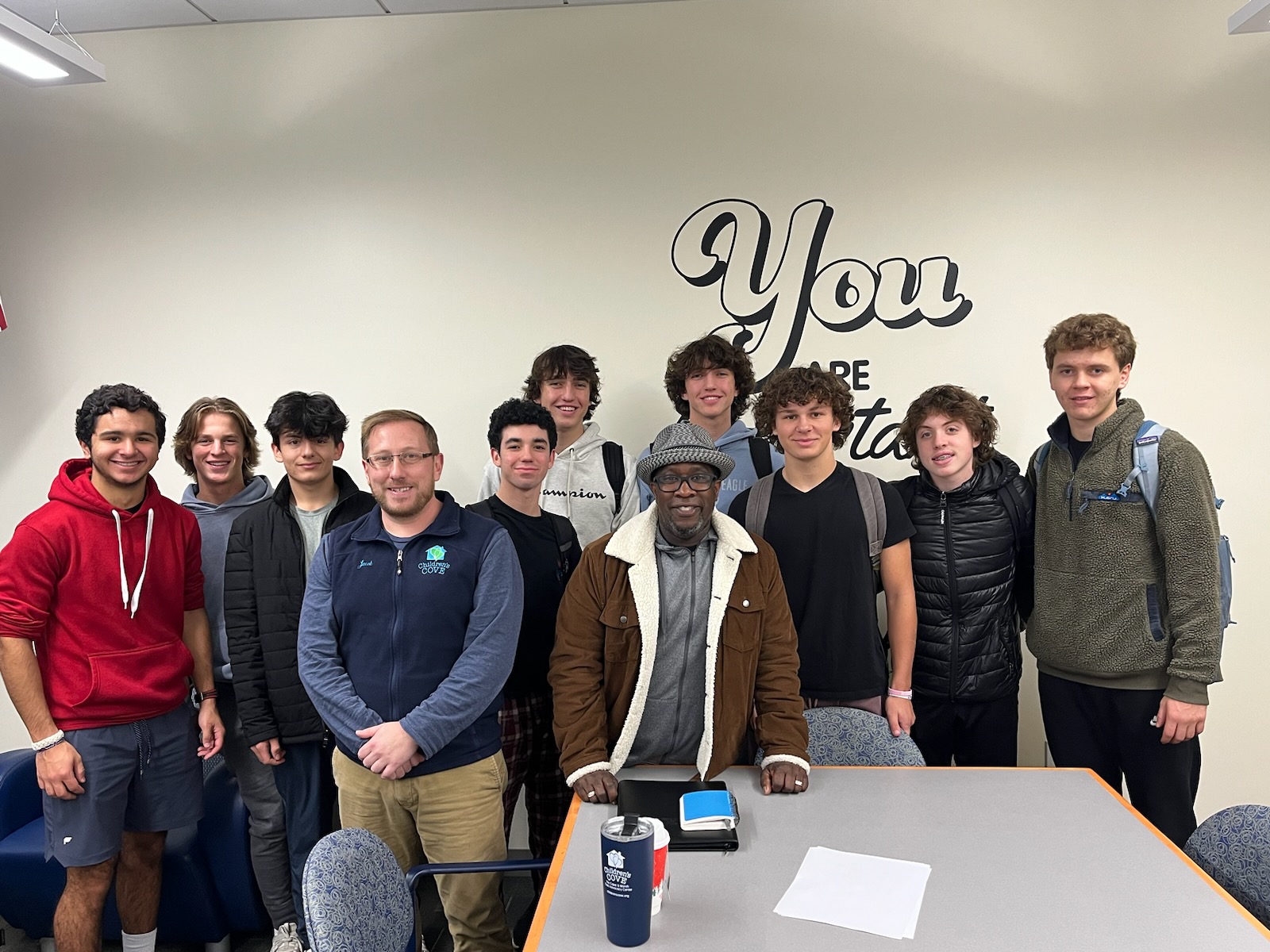
Due to the impacts of Covid-19, the Teen TASK Force Program took a hiatus in the 2021 and 2022. However, this year, we are relaunching the program with a special focus on working with young men at Monomoy Regional High School. These issues are a difficult subject for anyone, however, it has been a challenge over the years to engage young men in discussions about consent, sexual abuse and assault, and the stigma of male sexual abuse survivors asking for help. By discussing these issues in a safe, comfortable, and engaging way, we are looking to these young leaders to help us Take a Stand for Kids.
